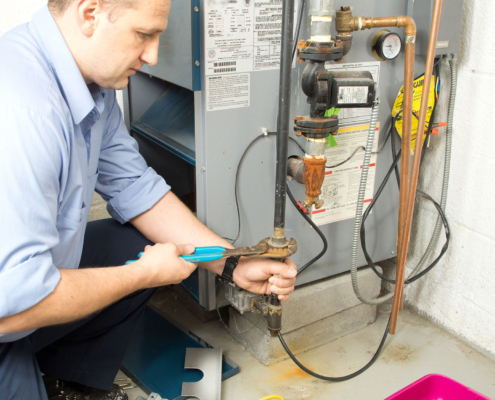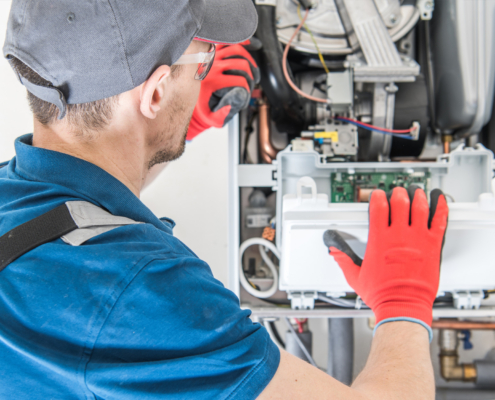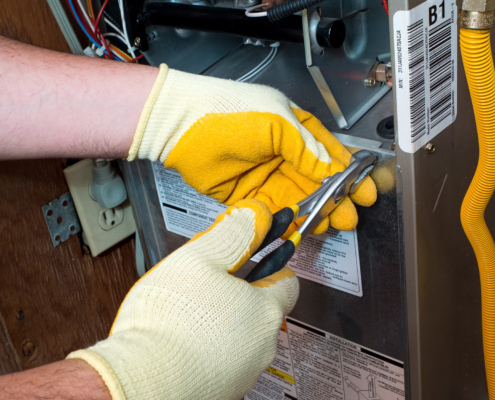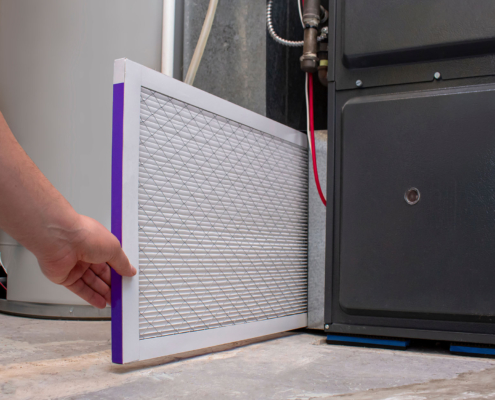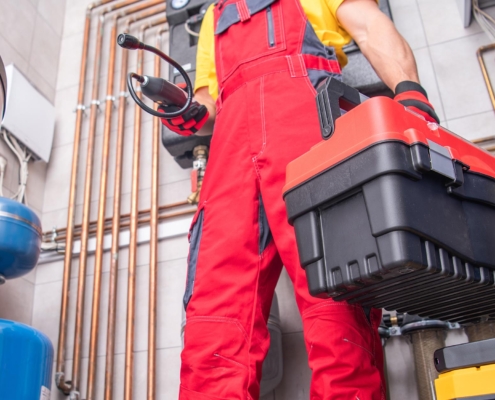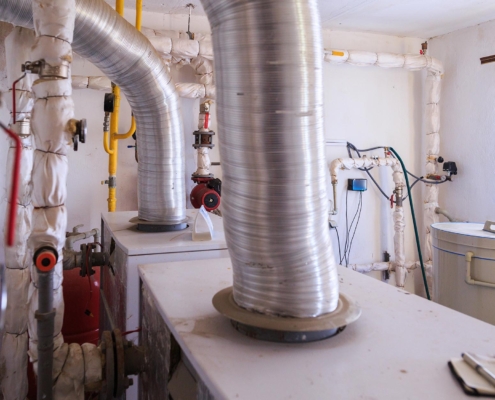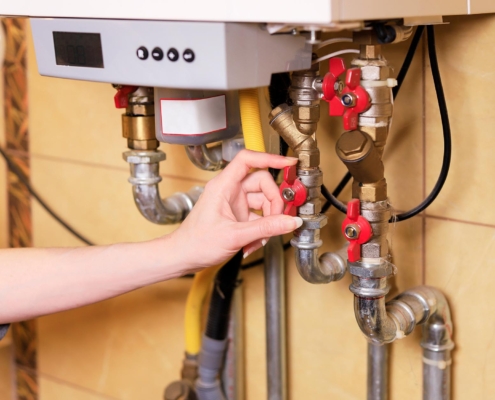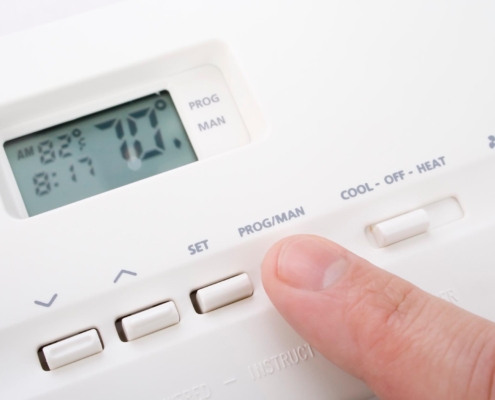Whether heating a business or a home, electric furnaces and gas systems have the capability of providing reliable heating for 15 to 20 years. Of course, this is dependent on proper care. Still, there are some key differences between the heating systems to consider.
- Maintenance Requirements: Gas furnaces often have more mechanical components, such as the burner and heat exchanger, which may require more frequent maintenance and cleaning. Electric furnaces, on the other hand, have fewer mechanical components and may require less frequent maintenance.
- Power Outages: Electric furnaces rely on electricity to operate, making them susceptible to power outages. Gas furnaces, however, can continue to operate during power outages, as long as the gas supply is uninterrupted.
- Local Regulations and Energy Costs: Local regulations and energy costs can also influence the choice between gas and electric furnaces. Some regions may have stricter regulations for gas installations or higher energy costs for natural gas.
Ultimately, the best choice will depend on your specific needs and preferences. Consider factors such as energy efficiency, maintenance requirements, and local regulations when making your decision. Consulting with an HVAC professional can help you make an informed choice.
Reminder: Both gas and electric furnaces require regular maintenance to ensure optimal performance and longevity. This includes annual tune-ups, filter changes, and inspections for signs of wear and tear.

